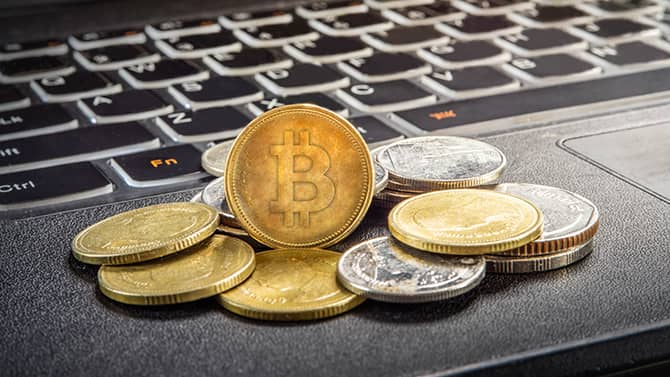
Protect your crypto with the most secure crypto wallet, 2FA, and strong passwords. Follow best practices to safeguard your digital assets.
As cryptocurrency adoption grows, ensuring the security of your holdings is more important than ever. Cyber threats and hacking attempts have made it essential for investors to implement strong security measures. Whether you’re new to crypto or an experienced trader, taking the right precautions can help safeguard your assets. In this article, we will explore the best practices for protecting your digital investments, including how to choose the most secure crypto wallet and enhance overall security.
A secure crypto wallet is the foundation of asset protection. Wallets come in two main types: hot wallets (online) and cold wallets (offline). Hot wallets provide easy access but are more vulnerable to cyberattacks, while cold wallets, such as hardware wallets, offer enhanced security by keeping private keys offline.
Two-factor authentication (2FA) provides an extra security layer by requiring a second form of verification, such as a mobile-generated code. This reduces the chances of unauthorized access to your wallet.
Your private key is critical to accessing your crypto holdings. To keep it secure:
Developers regularly update wallet software to enhance security and fix vulnerabilities. Ensure your secure crypto wallet is always running the latest version to protect against threats.
A strong password helps prevent unauthorized access. Create one using a mix of uppercase and lowercase letters, numbers, and special characters. A password manager can assist in managing complex passwords securely.
Phishing scams are a major risk for crypto holders. Hackers use fake emails and websites to steal login credentials. To avoid scams:
Avoid storing all your crypto in a single wallet. Using multiple wallets spreads risk, reducing potential losses if one wallet is compromised.
A Virtual Private Network (VPN) encrypts your internet connection, adding extra protection when accessing your crypto wallet online. This is especially useful when using public Wi-Fi networks.
Regular backups ensure that your crypto can be recovered if your device is lost or damaged. Store backups in secure locations such as encrypted USB drives or offline storage.
Regularly reviewing your transactions helps detect suspicious activity early. Staying informed about security threats allows you to adapt to new risks and enhance your protection strategies.
Securing cryptocurrency requires proactive measures. Using the most secure crypto wallet, enabling 2FA, protecting private keys, and staying vigilant against scams are essential steps. By following these best practices, you can safeguard your digital assets and minimize risks.
The crypto space is evolving, bringing both opportunities and challenges. Stay updated, follow strong security measures, and take control of your crypto security. Your assets’ protection is in your hands!
© 2024 Crivva - Business Promotion. All rights reserved.